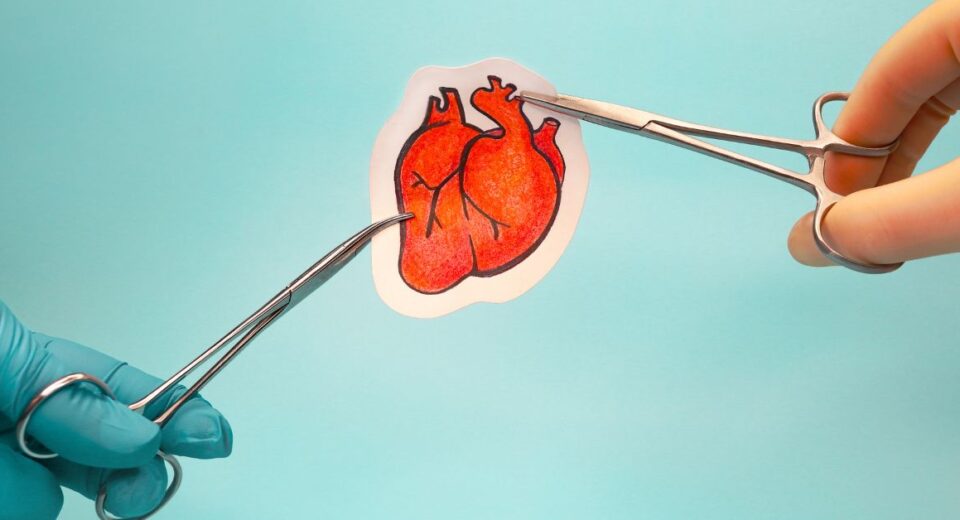Cardiac Health Screening
Early Detection for a Stronger Heart
Heart disease often develops silently, showing no symptoms until a serious event occurs. Early detection through comprehensive cardiac screening can identify risk factors and prevent potential heart conditions. Our advanced heart screening packages are designed to assess your cardiovascular health and guide you towards a healthier lifestyle.
Get Heart Screening Facts and Understand When You Need a Cardiac Check-Up
Best Paediatric Cardiologist In Singapore: Editor’s List
- April 14, 2025
- 332 Views
- Reading Time: 2 minutes
Expert Guide to Finding the Best Cardiologist in Singapore
- February 3, 2025
- 202 Views
- Reading Time: 3 minutes
Health Screening In Kuala Lumpur, Malaysia – Gleneagles Hospital Kuala Lumpur
- January 31, 2025
- 206 Views
- Reading Time: 2 minutes
Cardiac Screening – Early Detection for Heart Disease Prevention
Early detection is crucial in managing and preventing heart disease, which often progresses silently. A comprehensive cardiac screening evaluates your risk factors, heart function, and potential abnormalities before symptoms arise. This proactive approach allows doctors to intervene early, reducing the chances of severe complications such as heart attacks or strokes. Prioritizing your heart health today can lead to a healthier future.
Heart screening packages and cardiac consultations from our Preferred Providers you can consider:





